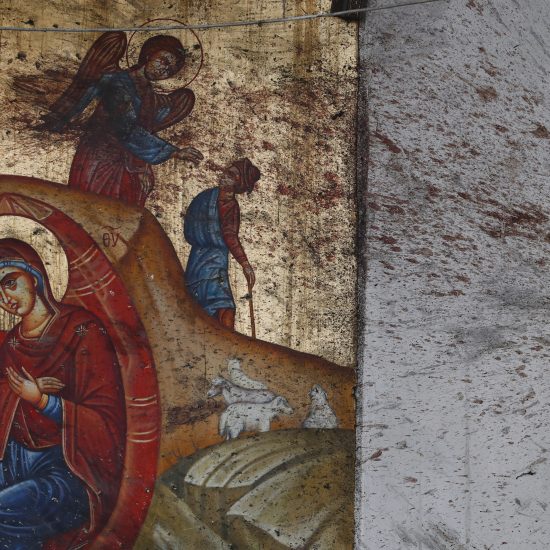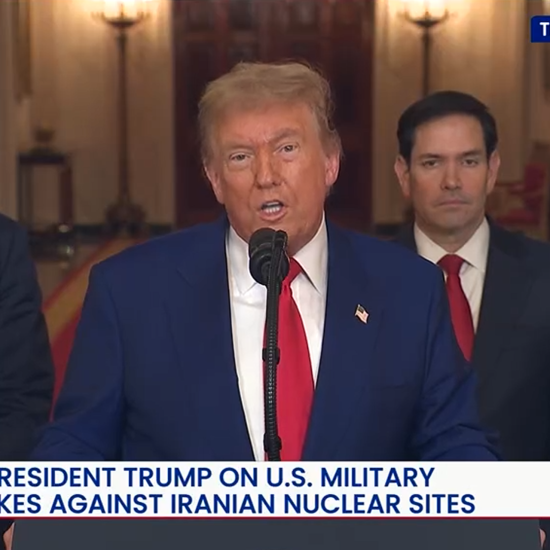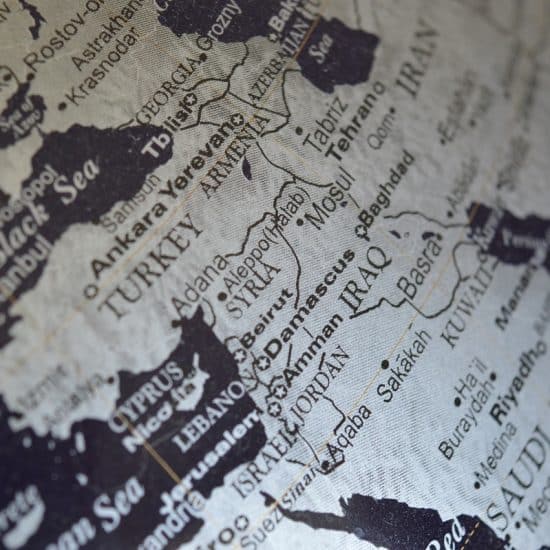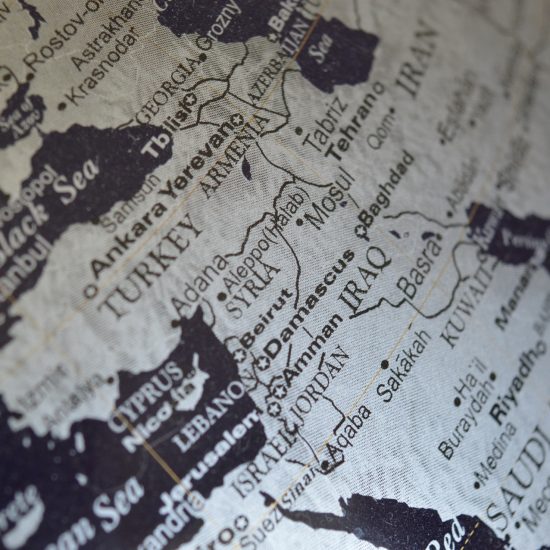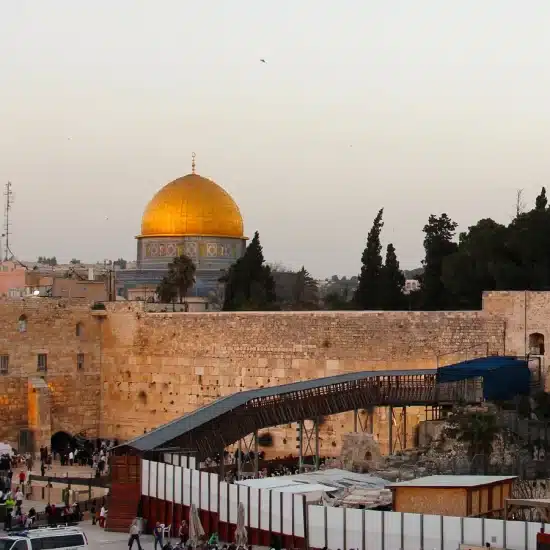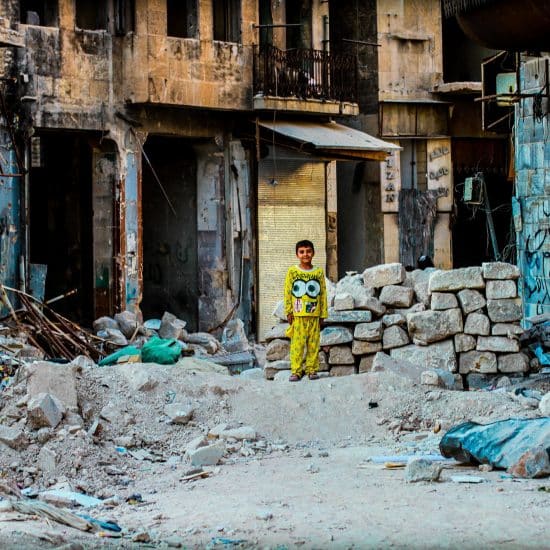Watching the news Saturday night as missiles from the United States, United Kingdom and France struck Syria, I found myself pondering questions about the attack — and about how Christians should react.
 Brian Kaylor
Brian Kaylor
We shot missiles at Syria because its regime allegedly used chemical weapons to kill at least 42 people in Douma. Yet, over 400,000 people have been killed by conventional weapons in the Syrian civil war. Why do those killed by chemical weapons matter more than others?
We justified shooting missiles at Syria by claiming it’s necessary for, as U.S. Secretary of Defense Jim Mattis put it, “averting a worsening humanitarian catastrophe in Syria.” Yet, while the U.S. accepted 15,479 Syrian refugees in 2016, we only resettled 3,024 in 2017 and have only welcomed 11 so far in 2018. Why does a humanitarian crisis warrant shooting missiles, but not taking actual humanitarian actions like accepting refugees?
We attacked Syria without going through the constitutional process of congressional approval. Yet, President Donald Trump argued in 2013 that then-President Barack Obama “must get Congressional approval before attacking Syria” and it would be a “big mistake if he does not!” Why must one president receive approval, but not another?
We launched 66 Tomahawk cruise missiles and 19 JASSM-ER cruise missiles that cost an estimated combined $119 million. Yet, our politicians often tell us we don’t have the money to invest in education, clean water in Flint, Mich., or assistance to the working poor. Why can’t we find money to help people, but always seem to have it to kill people?
We blew up parts of Syria as if the problem in Syria is there are not enough bombs, not enough death. Yet, as Martin Luther King Jr. reminded us: “Returning hate for hate multiplies hate, adding deeper darkness to a night already devoid of stars. Darkness cannot drive out darkness; only light can do that. Hate cannot drive out hate, only love can do that.” Why do we act like violence is always the answer even though violence created this mess in the first place?
Those of us who follow the Prince of Peace should seek another way, a narrow path that few find. As we live out that difficult call of peacemaking, we find ourselves blessed as children of God.

